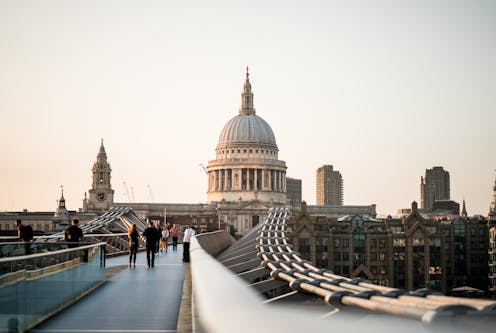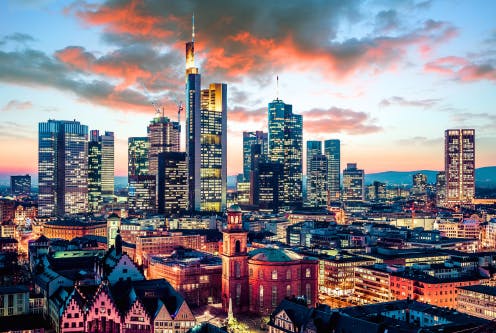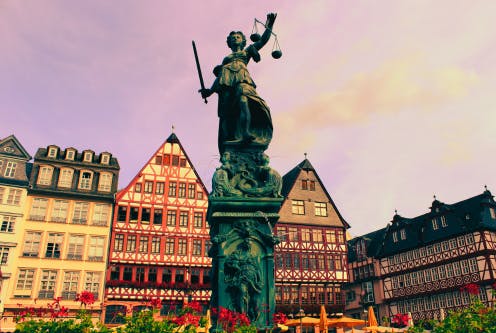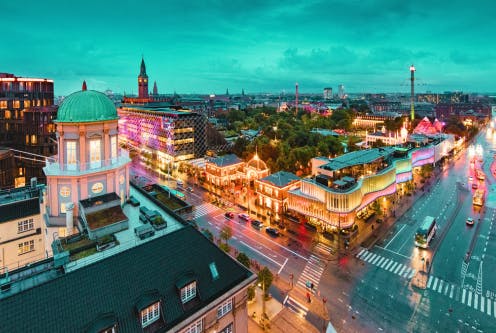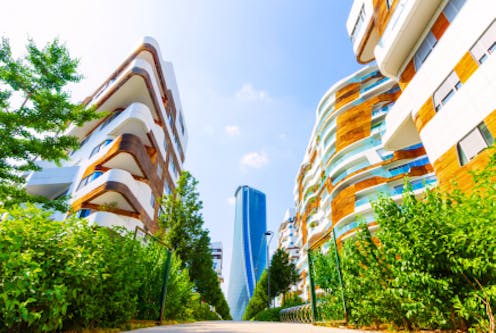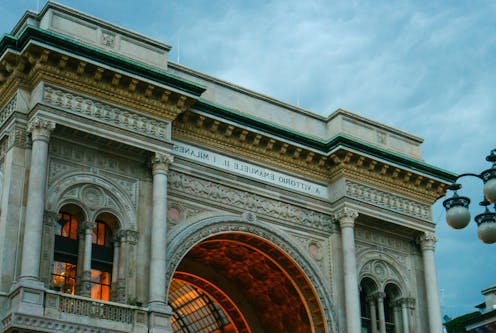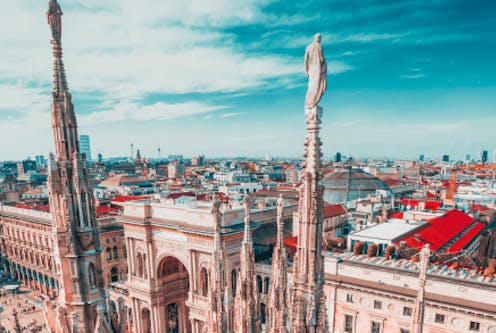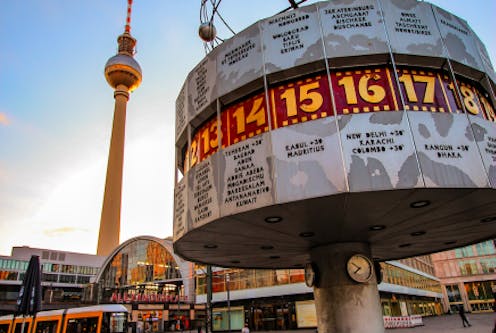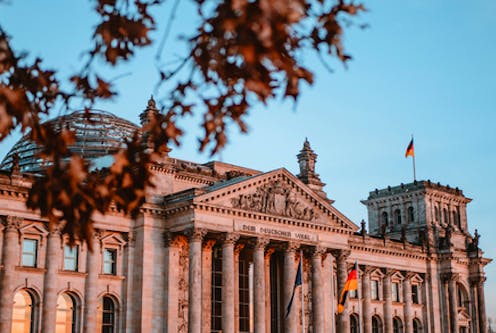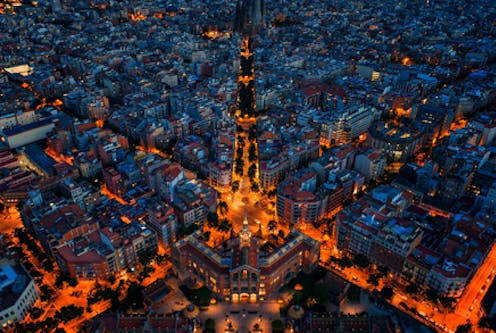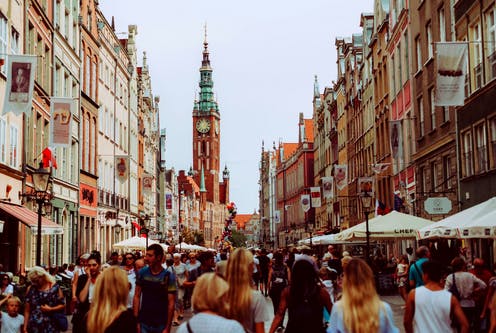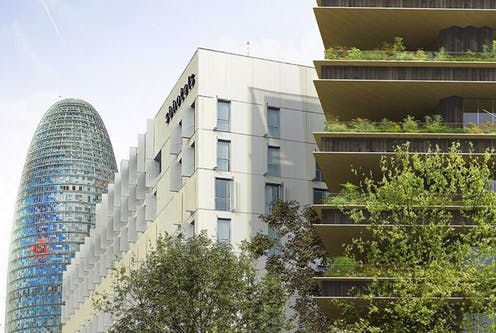The Bavarian capital boasts mountains, lakes, culture and a stable economy. All in all, it’s one of the most liveable cities in the world. What’s not to like if you’re a property investor?
Bavarians take their beer very seriously. So, when you see the former site of the Paulaner brewery in Au, Munich is now dedicated to the construction of new apartment blocks, you know property in the Bavarian capital has become big business indeed. Despite asking prices of up to €27,000 per square meter for the most exclusive penthouses, demand for apartments on the “Hoch der Isar” site is high.
Then again, why shouldn’t it be? Munich’s charming city centre is a short stroll away. The Gasteig cultural and arts centre, currently being renovated, is at the end of the street. The district of Haidhausen, next door, offers a soupcon of French savoir-vivre. Best of all, Hochstraße, where the apartment blocks are shooting up, is situated above the river Isar, which flows down from the Alps. Residents flock to the riverbanks in the summer months to barbecue and sunbathe before cooling off in the river’s crystal- clear waters. All year round, people stroll, jog or rollerblade along the riverside paths – just one of the many expansive green spaces that Munich has to offer.
From Hochstraße, there’s a spectacular view over the compact city of Munich. On a clear day, you can even see the nearby Alps – in easy reach for hiking, skiing or mountain biking. The lakes are just a short train, car or even a cycle ride away. In fact, there’s never an excuse not to be active in Munich, whether it’s jogging through the city’s English Garden (one of the world’s largest urban parks) or even river surfing on the continuous wave created on the man-made Eisbach brook. Otherwise, you can simply watch the world go by in a beer garden or visit one of the city’s world-renowned art galleries.
All in all, the prosperous Bavarian capital enjoys some of the best quality of life in the world, with booming economic growth, low unemployment (3.5%) and top living standards. In 2019, Munich tied third with Auckland and Vancouver on Mercer’s Quality of Living city ranking, which looks at how cities impact the wellbeing of global workers. And that’s no surprise, says Sebastian Dietert, Director of Fund Management at PATRIZIA.




